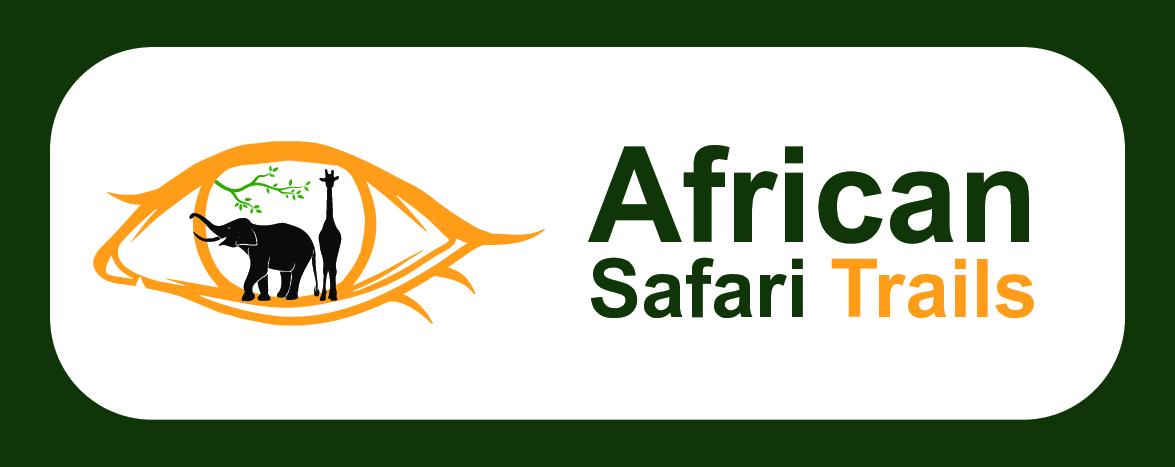Gombe Stream National Park, nestled along the eastern shores of Lake Tanganyika in western Tanzania, is a place of profound scientific significance and natural beauty. At just 52 square kilometers, it is Tanzania’s smallest national park, but what it lacks in size it makes up for in history and biodiversity. Gombe is world-renowned as the site where Dr. Jane Goodall began her groundbreaking research on wild chimpanzees in 1960—a study that would forever change the way humans understand primates, and indeed, themselves.
Accessible only by boat from Kigoma, the park feels like a hidden world. Its rugged terrain of steep valleys and lush tropical forest is home to around 100 habituated chimpanzees that are descended from those studied by Goodall. Visitors to Gombe can follow experienced guides on treks through the forest to find these chimpanzees, often catching remarkable glimpses of their complex social behavior—grooming, playing, mothering, and sometimes even conflict. The experience is emotionally powerful and deeply humbling, offering a window into the daily lives of our closest living relatives.
Beyond chimpanzees, Gombe hosts a range of other primates, including red colobus monkeys, vervet monkeys, and olive baboons. Its birdlife is rich and diverse, with over 200 species recorded. The lakeshore adds another layer of beauty and ecological diversity, with opportunities to see hippos, crocodiles, and an array of colorful fish in the clear waters of Lake Tanganyika.
The legacy of Jane Goodall is still very much alive in Gombe. Her pioneering work not only brought the world closer to chimpanzees but also sparked global interest in conservation. The research continues today through the Jane Goodall Institute and the Gombe Stream Research Center, which are actively involved in long-term ecological and behavioral studies as well as local community education and forest conservation initiatives.
While the park remains relatively remote and less visited compared to Tanzania’s more famous wildlife areas, this is part of its charm. The experience is intimate, peaceful, and focused more on deep observation than mass tourism. Most visitors stay in basic but comfortable accommodation along the lake, with access to guided hikes, chimpanzee treks, and cultural visits to nearby fishing villages.
For those seeking an off-the-beaten-path adventure rich in history, science, and emotional resonance, Gombe Stream National Park delivers something rare and unforgettable. It is not just a destination—it is a living story of discovery, empathy, and the enduring bond between humans and the natural world. Visiting Gombe is more than a safari; it’s a pilgrimage to the birthplace of modern primate research and a tribute to the legacy of one of the world’s most iconic conservationists.
